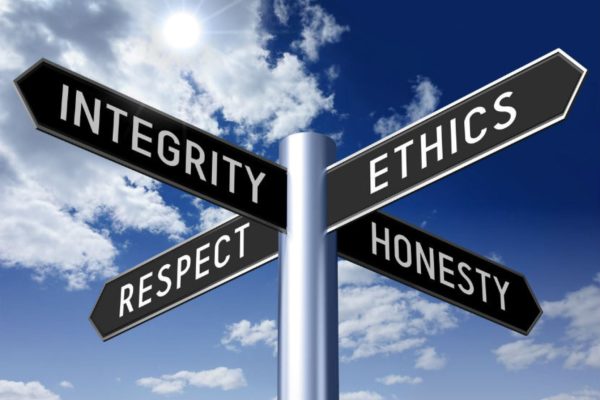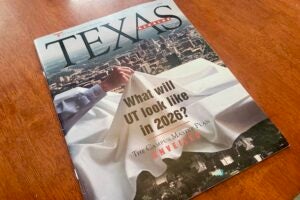When Walter M. Shaub Jr., the director of the independent Office of Government Ethics, recently resigned, he said, “In working with the current administration, it has become clear that we need to strengthen the ethics program.”
No president leaves the White House with a clean ethics record, and Shaub, who joined the Office of Government Ethics under President George W. Bush and was appointed its director by President Barack Obama, clashed with appointees of both those presidents. However, President Donald Trump administration’s utter indifference to the ethical implications of its actions is unprecedented.
Consider Trump’s refusal to place his holdings in a blind trust; his sons’ launching a new hotel chain based on little more than the appeal of the president’s brand; Kellyanne Conway’s touting of daughter Ivanka Trump’s product line (“Go Buy Ivanka’s stuff”); wife Melania’s defamation lawsuit, which asserted her “unique, once-in-a-lifetime opportunity” to exploit her position as first lady to “launch a broad-based commercial brand in multiple product categories”; the president’s appearances at weddings hosted at his New Jersey golf course after it advertised that couples should choose to have their weddings at the clubhouse because the president might just drop by; and the list goes on and on.
Trump has placed his business empire into a trust that is not at all vision-impaired. It is run by his sons and a former business associate, who have indicated that they will update Trump regularly on his profits and losses. Given his large and expanding business empire, it is impossible for the president to avoid conflicts of interest in making decisions in wide swathes of his official duties.
Psychological research in the field of behavioral ethics demonstrates that people tend to be overconfident in their ethicality and to believe that they can ignore personal financial considerations.
We all feel that our heart is pure and our cause is just and that we will do the right thing, regardless of temptations. However, that same psychological research demonstrates the inevitability of even minor financial amounts affecting, often at a subconscious level, the decisions of conflicted people.
The corrupting influence of conflicts of interest explains why conservative columnist Peggy Noonan, President George W. Bush’s ethics counsel Richard Painter, and even the editorial page of The Wall Street Journal have echoed Shaub’s unanswered call for Trump to place his assets into a blind trust. “Ethics has no party,” Shaub has said, somewhat optimistically.
In business schools, we teach ethics not because it is an easy thing to do, but because it symbolizes what we think is important. Research demonstrates that in business organizations leaders must both walk the walk and talk the talk. If leaders fall short on either dimension, the firm’s ethical culture fails, as we’ve seen in the recent Wells Fargo phony accounts scandal and the Volkswagen emissions fraud.
Trump and his family do not walk the walk. Nor does his administration even talk the talk. According to Shaub: “The consistent approach I’m running into in dealing with this [White House] counsel’s office is: ‘If it’s not illegal, we’re going to do it. And if there’s an argument that it’s probably not illegal, we’re going to do it.’ ”
Morality is critical because the law doesn’t get it right all the time. The Fugitive Slave Act of 1850 and various states’ pre-1964 segregation laws are just two examples. Nor can the law feasibly anticipate every situation that might arise. For these reasons, ethical standards are needed to supplement and sometimes even supersede the law.
Those who ignore ethical standards in order to focus on legal standards soon find that they have violated both. Walter Shaub has given up on reining in the conflicts of interest between the Trump commercial enterprises and the country’s important business. The rest of us should not. You can like Trump’s policies and still realize that his profit motive should not be shaping them.
Robert Prentice is faculty director of the Ethics Unwrapped program at the Center for Leadership and Ethics in the McCombs School of Business at The University of Texas at Austin.
A version of this op-ed appeared in the Austin American Statesman and the Waco Tribune Herald.
To view more op-eds from Texas Perspectives, click here.
Like us on Facebook.




